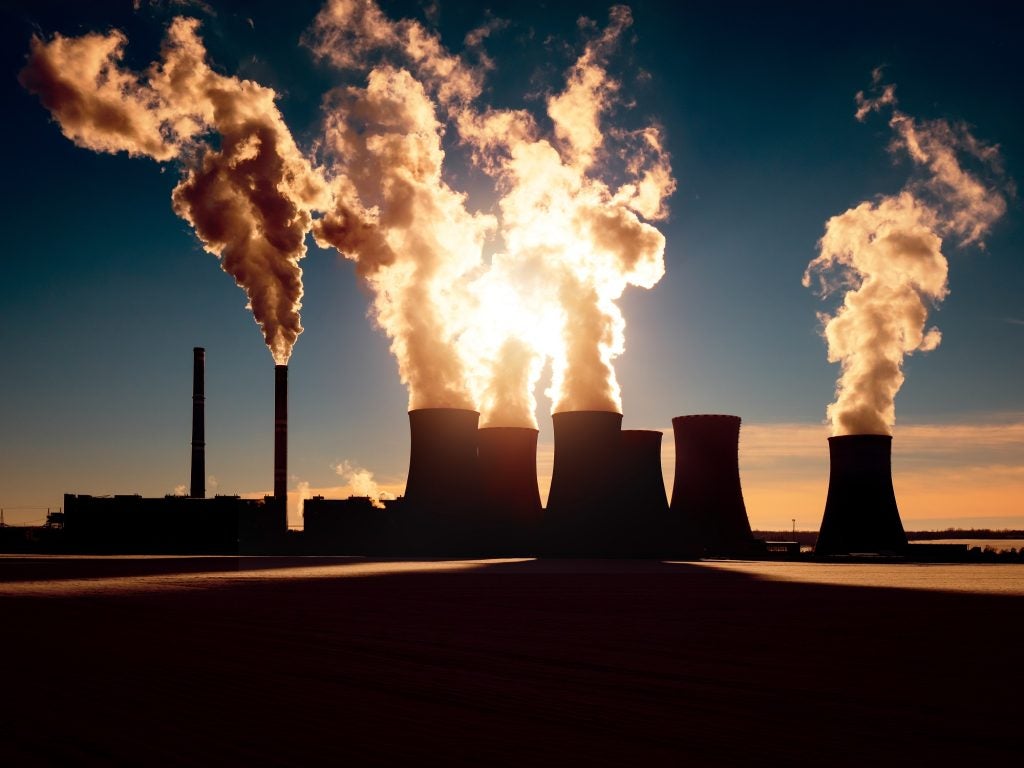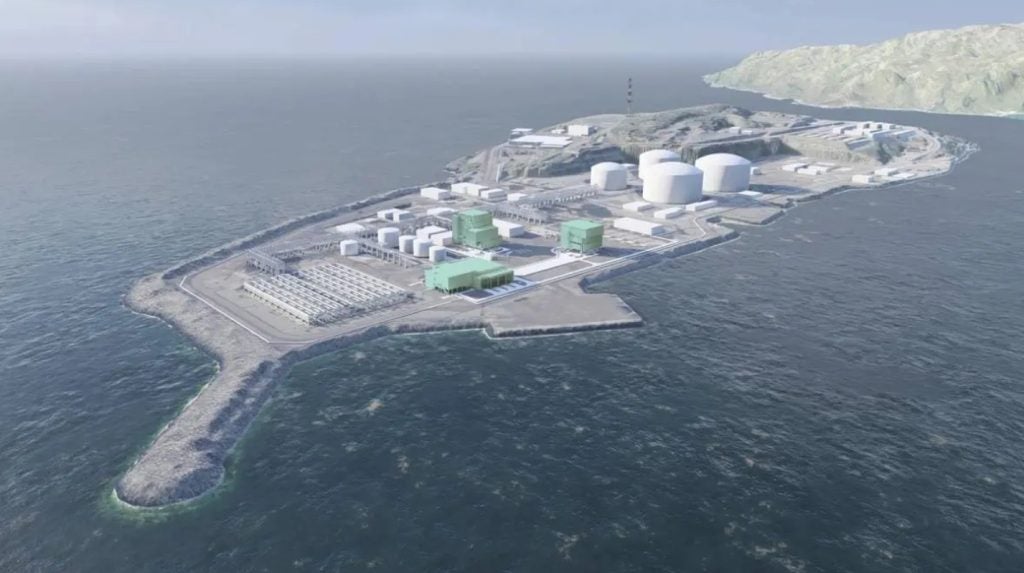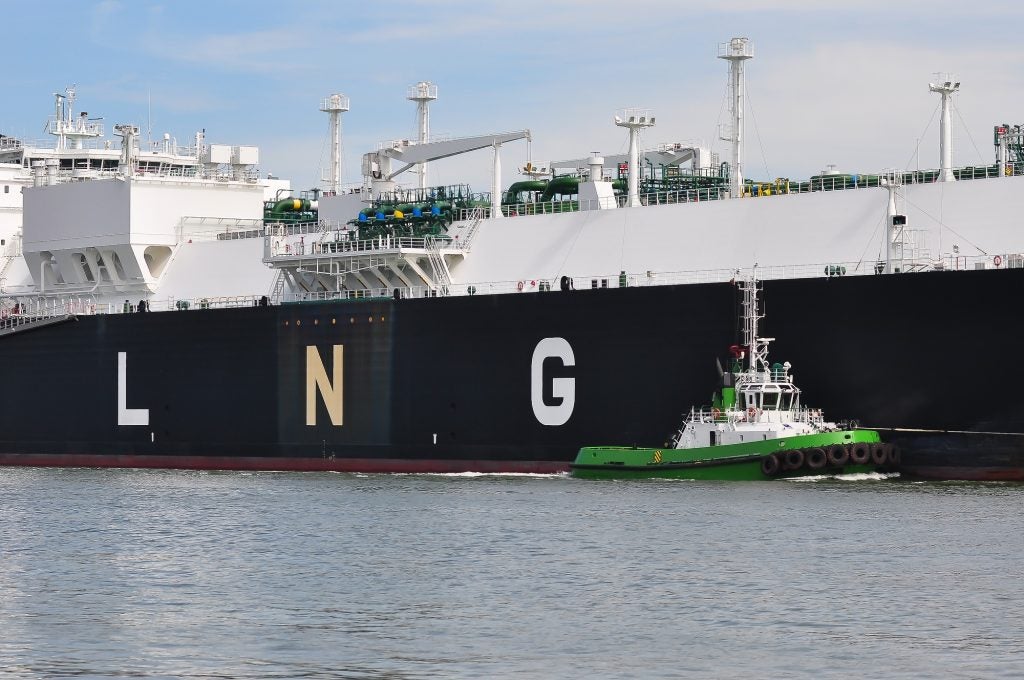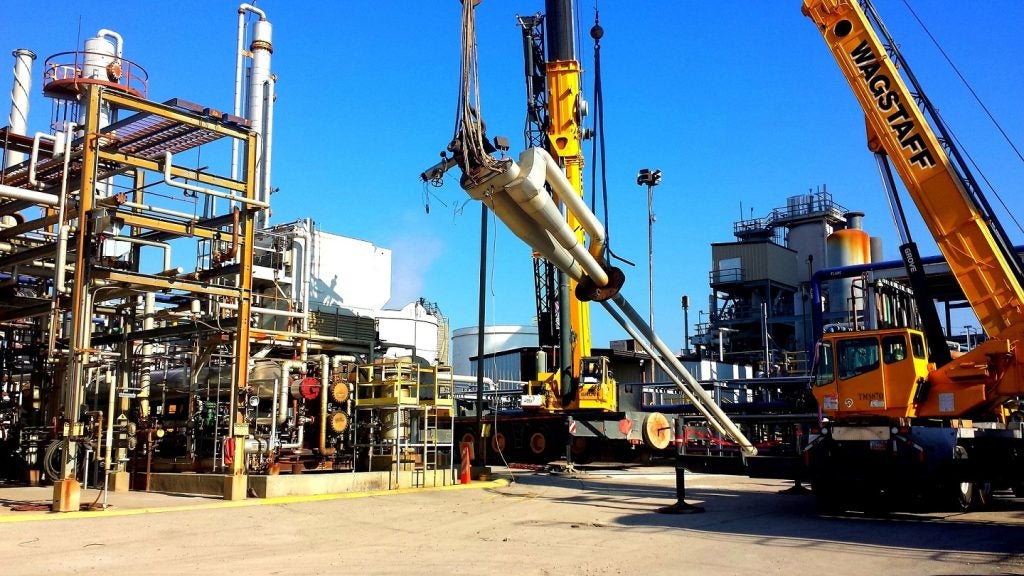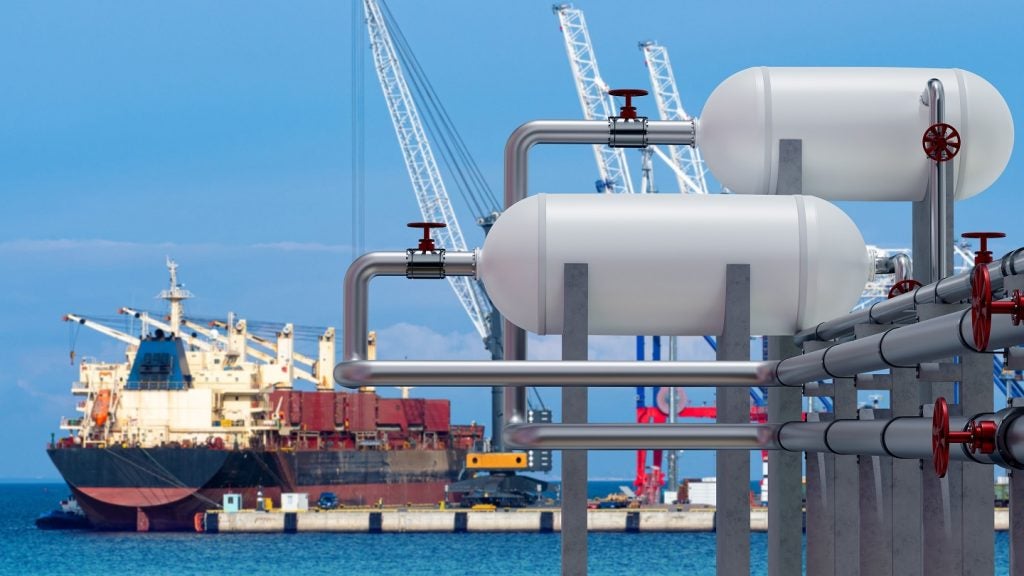Australian energy company Santos and its Bayu-Undan joint venture partners have signed a memorandum of understanding (MoU) with TIMOR GAP.
The purpose of the MoU is to explore possible collaborations for the proposed Bayu-Undan carbon capture and storage (CCS) project off the coast of Timor-Leste.
It calls for the exchange of knowledge regarding the Bayu-Undan CCS project and the investigation of prospective business collaborations, including TIMOR GAP's equity involvement in the project.
TIMOR GAP is the Timor-Leste-Government-owned oil and gas company.
The agreement comes after Santos signed four non-binding MoUs for CO₂ delivery to the Bayu-Undan CCS project. These agreements indicate that the demand for CO₂ storage at the project could be more than ten million tonnes annually.
According to Santos, the proposed project could lower the overall emissions and the intensity of emissions from gas and liquefied natural gas operations in Australia and Timor-Leste as well as from other hard-to-abate industries in the region.
The Bayu-Undan project is part of Santos’ three-hub CCS strategy and the final investment decision is targeted for 2025.
Santos managing director and CEO Kevin Gallagher said: “Santos and our joint venture partners are delighted to be working with TIMOR GAP on partnership opportunities to advance Bayu-Undan CCS as a carbon storage hub for customers in Australia, Japan, Korea and across Asia as those countries seek to decarbonise their economies.
“We look forward to working with TIMOR GAP and the Timor-Leste and Australian governments to progress the necessary commercial, fiscal and legislative arrangements to support the development of the Bayu-Undan CCS project.”


